Foods That Are Naturally Rich In Probiotics
Share the post
Share this link via
Or copy link

Gettyimages.com/Happy black woman enjoying in her breakfast time at home.
If you visit your doctor to complain about irregular digestion, bloating, trouble breaking down certain foods, constipation, and other stomach issues, one of the first things she’ll probably recommend is that you take probiotics. Probiotics introduce healthy bacteria to your gut that help you better break down the foods that you eat. You may be wondering, “Why doesn’t my body just make those on its own?” It does! But, you’ve probably picked up few habits that kill off that good bacteria. And, some of that isn’t your fault—many of our foods are made today in a way that depletes them of good bacteria or kills some of the preexisting good bacteria in our stomachs. If you’re like me, you may not remember to buy or take supplements, but you will always remember to buy food. So, here are foods that will naturally boost your probiotic count.
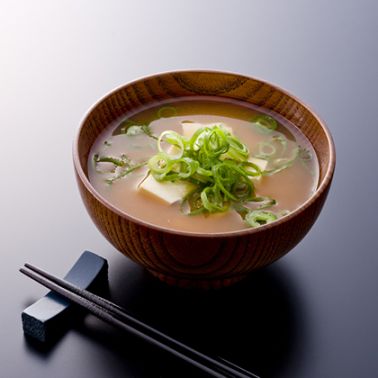
Image Source: Shutterstock
Miso soup
Don’t pass up on the free cup of miso soup that comes with your sushi combination meal. The miso paste restaurants add to broth is made with fermented soybeans or grains, which boast probiotics.
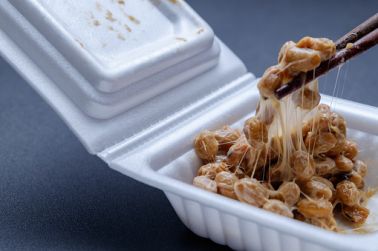
Gettyimages.com/Close-Up Of Japanese Food
Natto
Another Japanese dish made from fermented soybeans, Natto has a strong flavor and smell and is best mixed with something mild like rice. But it’s also rich in gut-strengthening probiotics.

Image Source: Shutterstock
Pickles
Love MadameNoire? Get more! Join the MadameNoire Newsletter
We care about your data. See our privacy policy.
Really any pickled food should give you a probiotic boost, so you can add pickled beets, cauliflower, or carrots to your salad. But if you like to keep things simple, add pickles to your next sandwich.
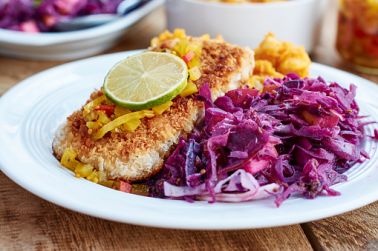
Gettyimages.com/Braised red cabbage fennel and apple, sweet potato parsnip mash with Tempeh fillets
Tempeh
Tempeh is also made from fermented soybeans and often used as a protein source in place of tofu by vegetarians and vegans. It has a great firm texture that makes it ideal for stir-fries, and has plenty of probiotics.
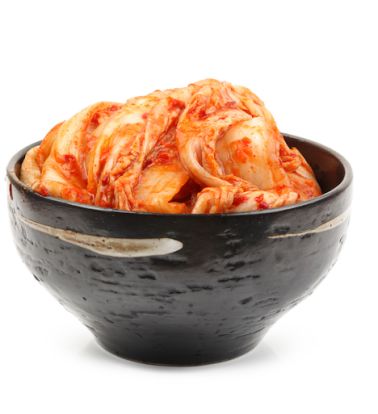
Shutterstock.com/Kimchi
Kimchi
You don’t need to wait for your next night at the Korean BBQ restaurant to get kimchi—pick it up in your local grocery store and add it to your rice and meat dish for a kick. This sour item will give you plenty of probiotics.

Image Source: Shutterstock
Dark chocolate
Dark chocolate contains both prebiotics and probiotics, giving you just another reason to feel good about adding it to your dessert regiment.
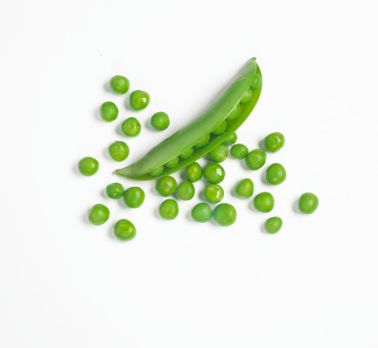
Gettyimages.com/Fresh Green Peas From The Pod
Green peas
People don’t often associate green peas with probiotics, but it turns out they’ve got them! These pretty little green veggies can do wonders for your immunity and skin, so blend up some for a pea soup or add them cold to salads.
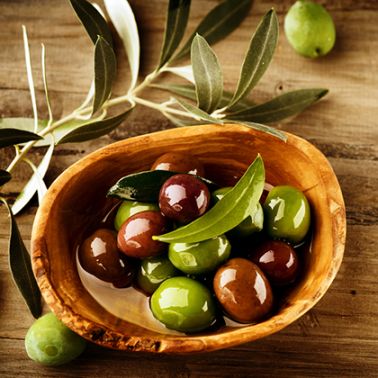
Image Source: Shutterstock
Green olives
These salty, delicious items don’t only taste great in a martini; they also boast probiotics! So definitely ask for extra in your next bloody mary.
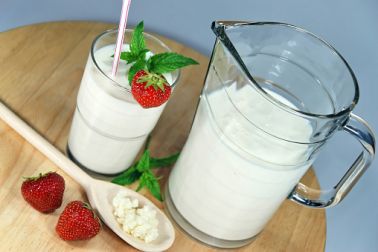
Gettyimages.com/Jug and glass of kefir, decorated with fresh strawberries
Kefir
Kefir can actually help you better digest lactose, so if you struggle mildly with the stuff, grab some Kefir. It has great gut-healing properties, making it a good addition to your diet if you’ve been experiencing an upset stomach.
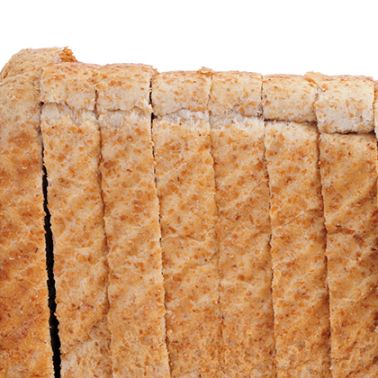
Image Source: Shutterstock
Sourdough bread
Sourdough actually gets its unique flavor from its fermentation process. In fact, some people who struggle to digest wheat find that sourdough bread is easier to digest than other breads.
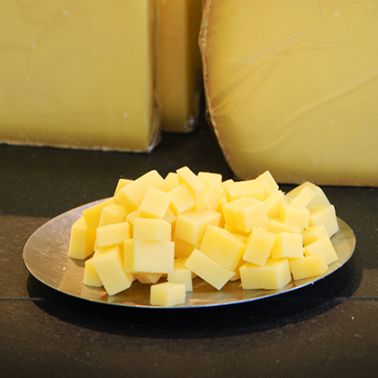
Image Source: Shutterstock
Gouda, Swiss, parmesan, and cheddar
The aging process of these particular cheeses gives them a probiotic boost. But just know that not all cheeses contain probiotics, so stick to this list.
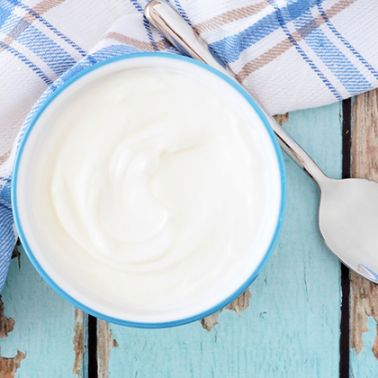
Image Source: Shutterstock
Greek yogurt
Greek yogurt is strained more than regular yogurt, and is more concentrated, which makes it both higher in nutrition than regular yogurt, and full of probiotics.
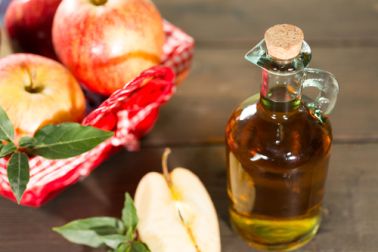
Image Source: Shutterstock
Apple cider vinegar
Make your next salad dressing with apple cider vinegar because this sweet and sour item is loaded with probiotics. You can even just drink a tablespoon of it before a meal to get your gut in working order.

Image Source: Shutterstock
Goat’s milk
Goat’s milk has picked up popularity in the world of holistic dog food products, but humans can (and should) consume it, too. It has far more probiotics than cow’s milk.
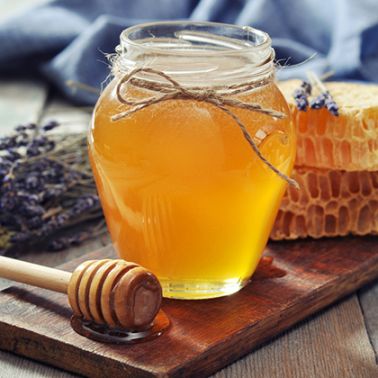
Image Source: Shutterstock
Those with added probiotics
Keep in mind that many companies are now just adding probiotics to foods that don’t traditionally contain them. You can get items like honey, whey protein, and almond milk with added probiotics.
-

Meet Dominique Fils-Aimé, The Haitian-Canadian Star Redefining Jazz For A New Generation: ‘This is My Vision' [Exclusive]
-

Cooking With Purpose — How Brittney Williams Honors Her Caribbean Roots Through Food
-

9 Famous Lesbian Women Who Were Married To Men
-

Purpose Behind The Lens: How Nate Edwards Films The Extraordinary Inside The Everyday








